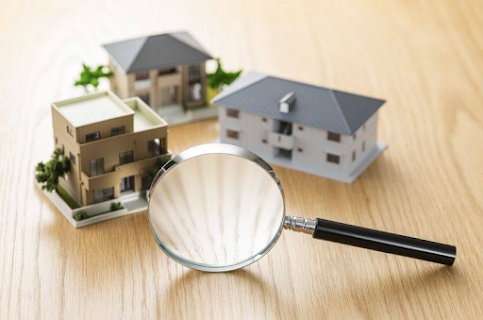Managing Mortgage
Arrears and Default
One of the situations that no homeowner or real estate investor with a mortgage ever wants to find them self in, is unable to meet their mortgage payment obligation. And while most borrowers will do everything to avoid this, sometimes life just happens.
Mortgage arrears and mortgage
default aren’t the same thing. But mortgage arrears if not managed properly can
lead to mortgage default and eventually mortgage foreclosure or power of sale. Mortgage
arrears occur when the contractual payment agreement as shown in the Standard
Charge Terms or Deed of Trust are not met by the borrower. The
Standard Charge Terms or Deed of Trust will clearly indicate the
amount of the monthly payment along with the frequency. That frequency can be
weekly, bi-weekly, semi-monthly, or monthly on a specific day or date. Failure
to make the payment on the contractual payment day or date will put the
mortgage into arrears and can in most cases incur penalties and fees.
It is very important when a
homeowner with a mortgage finds themselves in a situation of mortgage arrears or
payment difficulty to communicate with their lender. Ignoring the situation
doesn’t make it go away and silence will usually not allow the lender to help
you work towards a solution. And there are solutions to dealing with payment
difficulties which may cause arrears on a mortgage. These could be:
1. Skipped or deferred payments to allow the borrower to catch up on any short term cash flow issues.
2. Renegotiating the mortgage term or product to either extend the term, or amortization, reduce the rate or a combination of all three to reduce the payments and improve cash flow and mortgage affordability.
3. Make interest only payments, which will reduce the monthly payment and increase cashflow providing relief to the borrower.
4. Refinance to consolidate other debt if any and free up much needed cash to meet mortgage obligations.
5. Working diligently on a household budget to reduce random spending.
6. Selling the home and downsizing or moving to a less expensive neighbourhood. This is sometimes one of the most difficult decisions for home owners to make.
7. If the property is a rental or investment property, examine the ability to increase rents to a level that the market dictates. This is very necessary for investors who have had long term tenants that may be paying below market rents.
8. And for home owners with a mortgage over the age of 55, consideration of mortgage products such as a reverse mortgage may provide the option of staying in your home with out all the financial stress of unaffordable or increasing mortgage payments.
Once the borrower has exhausted all options and is unable to pay up the arrears and put the mortgage back into good standing, the lender could at that point start default proceedings. This will usually mean sending the file to their legal counsel to protect their interest in the property and starting the process which can include foreclosure or power of sale. This process, while it can be remedied, usually gets very expensive and stressful for the borrower. It is advisable at this point that the homeowner retains legal counsel to communicate with the lender’s solicitors on their behalf along with retaining the services of an experienced mortgage professional to explore workable solutions.
Now while mortgage arrears
are perhaps the most common occurrence to trigger a mortgage default, there are
a few other situations that many homeowners or real estate investors may not be
aware of that can also cause a mortgage lender to commence default proceedings.
These include but are not limited to:
1. Property tax arrears. Yes, nonpayment of property taxes on the subject property is a breach of the mortgage contract and gives the lender the right to start default proceedings.
2. Nonpayment of condominium fees. This is very similar to nonpayment of property taxes. And exposes the real estate to liens which could reduce the lender’s equity stake in the real estate. As such the lender could start default proceedings.
3. Nonpayment of property and/or home insurance. This is one that lenders take very seriously. Why? Any damage to the property be it through fire, flooding or any other natural disaster or an accident will usually leave the homeowner/borrower unable to provide a solution from their own resources and exposes to lender to significant monetary loss and possibly a prolonged litigation with the borrower.
4. Extensive home renovations without advising the lender or receiving their permission. Many may question this. But if the homeowner or real estate investor starts doing extensive renovations on a property and then runs out of money to properly complete them, this could negatively impact the value of property and affect the lender’s interest in the real estate.
If ever in doubt of what
constitutes mortgage arrear or mortgage default, reference your mortgage approval
or commitment or take a very close look at the Standard Charge Terms or Deed of
Trust. The answer is usually I one of those documents. And remember, don’t
ignore the situation or try to fix it yourself. Seek the counsel of a competent
and experienced real estate lawyer and mortgage professional and have them work on a remedy
that is agreeable and satisfactory to both you and the lender.
Since you are already here subscribe to our YouTube page and check out our videos.











